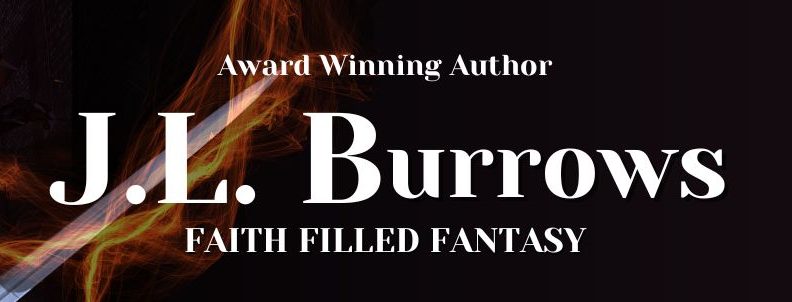For my author friends out there, I’ve gone from writing a book every four years to one every six months, and I anticipate speeding up even more as I get my own technique down. Want to know the secret I’ve discovered?
A rough draft is supposed to be a hot mess! However, for some people, myself included, when I watch myself typing the words in my editor starts getting sassy and demanding attention. I see a mistake, and I want to fix that mistake. Now, I attribute my increased to two specific things: dictation and better planning. I started out as a pantser – I have another blog post about that.
Anyway, when I can see it I want to fix it. I couldn’t turn off my inner editor, and I only have one speed when my fingers are in control. So, I started researching what other successful writers are doing. I attended 20booksto50k’s virtual conference where one of the speakers spoke about dictation. I then watched another youtube author describe dictation as a time saver. Now, I’m sure it’s not for everyone, but I set about trying to teach myself how to do this.
It made sense for me. I’m a teacher. My day job is speaking, explaining, and such. And when I teach, I tell stories to my students all the time both written and ad lib. It was hard at first to get used to, and I found having detailed notes about character arch/development, what I hope to accomplish in the chapter, what conflict will be occurring, who was in the scene and where the scene was happening were all essential to my ability to smoothly dictate the chapter.
Once I have this written up for all of the chapters in the book, I begin dictation. I have the chapter “card” up on my computer, and I dictate in my office either seated at my desk staring at the card, or walking up and down my office like a crazy person. I’m sure my dogs think I’ve lost it! And I have because it’s been so crazy successful. My descriptions are more vivid because I’m in the moment seeing what is happening. I’m closer to the characters and producing a more emotive text because I’m able to really climb into their skin and focus on them instead of the wrong words that are popping out at my inner editor.
In my last book, I dictated a chapter and then cleaned it up, but it took a long long time to draft. This time, for book three in the Balanace Keeper Series, I’m dictating straight through and then planning my revision and tackling it all at one time. (Pray for me!)
A couple of things that have made this process easier for me:
- I record all of my dictation so that I can go back and listen to it. This helps for two reasons. First, it helps me figure out what I actually was trying to say when the dictation software comes up with some crazy something instead of what I said. But a secondary and more important help this provides, is an ability to listen to the raw material and that brings in another part of my brain. My writing problem solving increased ten fold with that happy biproduct.
- I use a free dictation software on my phone. I play the recording to the software and sit and work on social media or other things for my author’s business as I listen. I then copy and paste this into a Google Doc one chapter at a time. It’s been so efficient and encouraging to see the words drop on the page!
I average 2,500 words per 20 minutes or 5,000 words every 40 minutes. Which is my goal on days I’m working both teaching and writing. On Saturday, I take Sunday’s off, I try to dictate 60 minutes and get 7,500 words. I would never even have imagined to try and hit these numbers if I was typing.
My goal is to publish a novel in the current series I’m working on every five months. So, I’m on the path to hitting that. Book three will be my greatest challenge since I hadn’t written the rough draft a few years ago. Many of the books I’m publishing, I started and completed a 70,000 word rough draft. So, in a way it’s going to go faster because it will take advantage of everything I’ve learned from all the places I’ve been able to learn from in the last ten years. And it won’t take as much editing because I’ll have hit the beats and character archs.
Let me know if you have any questions. I’m a teacher and happy to help if anyone wants to try what has helped me.
Blessings,
J. L. Burrows


XS Lindsey
jlburrows